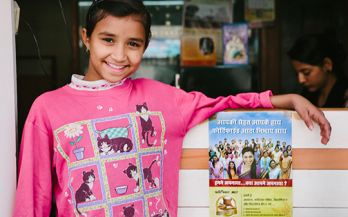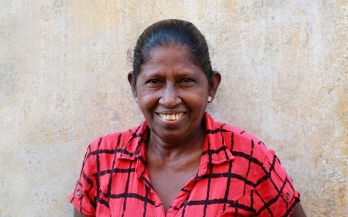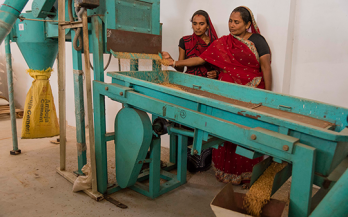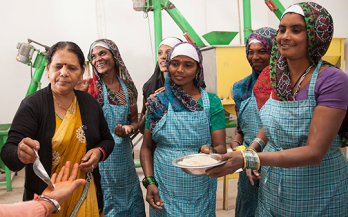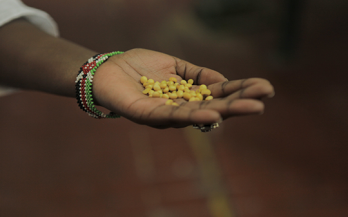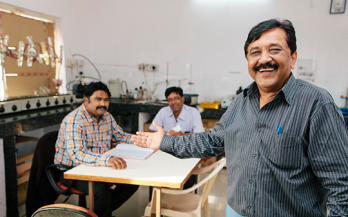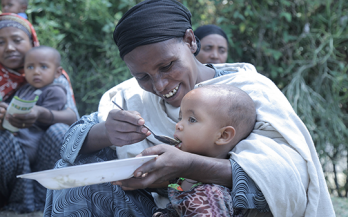- 01/07/2019
In this series, GAIN outlines the evidence for the four most common workforce nutrition interventions: healthy food at work; nutrition education; nutrition-focused health checks; and breastfeeding support. Each evidence brief outlines the possible interventions, reviews the literature to date, suggests best practices, and showcases success stories from front-runner businesses in the specific intervention area.
- 20/06/2018
This chapter aims to capture lessons learned from both public and private sector experiences and will discuss key determinants of demand and consumption of fortified foods, illustrated with examples from the field and lessons learned on what worked and what has not worked.
- 20/06/2018
This chapter describes the recommendations and norms guiding current policies and programs to address undernutrition, the existence of policies and programs in low- and middle- income countries, some of their strengths and challenges, and provides examples of how better generation and use of information could accelerate progress in nutrition.
- 20/06/2018
Food fortification is a cost-effective strategy for addressing demonstrated nutrient deficiencies in the contexts of a combination of marginal diets, vulnerable population segments, and other drivers of deficiency. In this chapter, we present and discuss issues pertaining to the development of national strategies to prevent and control micronutrient deficiency, with specific focus on the role of food fortification.
- 20/06/2018
This chapter provides an overview of monitoring and evaluation issues related to food fortification. It presents the foundational 2006 WHO monitoring and evaluation framework for food fortification and briefly describes regulatory and household individual monitoring and evaluation components.
- 20/06/2018
This chapter looks at the need to rededicate and double down efforts to eliminate the global micronutrient problem. It outlines how new technologies, improved communications, and an expanded public infrastructure all can be leveraged to ensure food fortification can be scaled up to reach entire countries helping populations better achieve their full social, physiological, and economic potential.
- 20/06/2018
This chapter provides an overview of quality assurance data from national fortification programs. It also outlines key barriers to compliance against national fortification standards. Recommendations to improve fortification compliance are then provided.
- 20/06/2018
This chapter reviews the evidence basis for prevention of folic acid-sensitive neural tube defects through public health interventions in women of reproductive age, the proven vehicles for delivery of folic acid, and what is needed to effectively scale these, and provide a snapshot of potential innovations that require future research.
- 20/06/2018
This chapter provides the evidence that in many countries, food fortification is one of the better examples available of a sustained and effective partnership between business and government in the food sector over this past decade.
- 20/06/2018
This chapter summarises the global status of national mandated fortification programs, and outlines a national fortification delivery model to illustrate how policy can be designed that builds, improves, measures and sustains mandatory large-scale industrial fortification as an effective public health tool.

